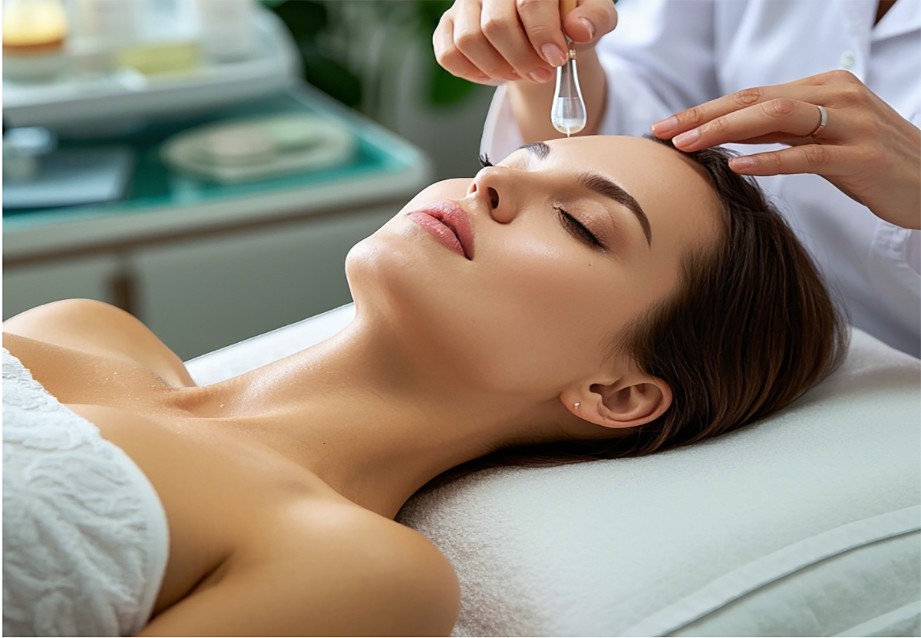The skincare industry is one of the fastest-growing industries in the world today. The general public is becoming more and more aware of the need for proper skin care, thus spending money on products that enhance its appearance. Nevertheless, what is behind this highly impressive growth rate? How are consumers changing, and what part does technology have? In this article, we will examine market trends, challenges, and the prospects of the rapidly growing market.
Market Size and Growth
Everyone knows that the skincare industry is a massive one, with a value of several billion dollars. The skincare market size worldwide was $109.71 billion in 2023. This market is projected to grow to $194.05 billion by 2032 at a CAGR of 6.68%. But what has been the cause of this unprecedented growth?
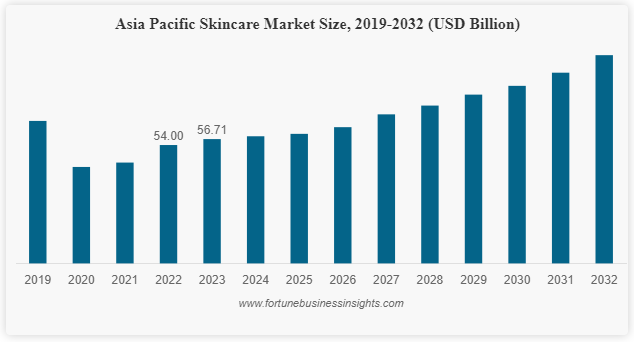
The first factor is the great number of products for skin care that is available in the market today. Whether it is creams, serums, lotions or facial oils, there is something for everyone. Of these, face creams are the most popular in the market. Why? Since they can be used in face and body and for different purposes such as moisturizing, anti-aging and lightening. These products appeal to the consumer who is looking for products that offer many benefits and produce results quickly.
Also the spread of ODM/OEM (Original Design Manufacturing/Original Equipment Manufacturing) models has also contributed to this situation. Organizations such as BonnieCo, a well-known professional cosmetics manufacturer, assist brands in developing new products that meet the requirements of certain markets. This flexibility enables brands to tap into specific markets while still being able to grow to meet the needs of many markets.
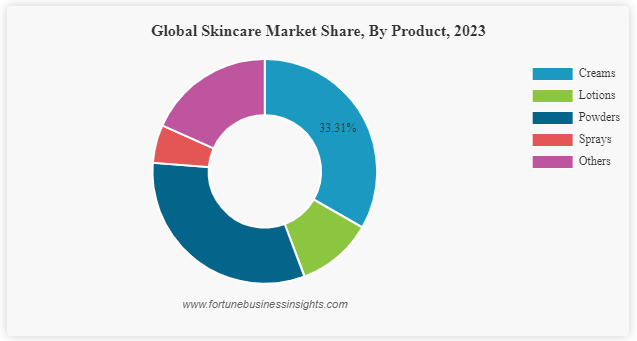
Consumer Trends
It is no longer just about creating a desirable aesthetic; skincare is now about healing and caring for the skin. The modern day consumers are using skincare as a way of enhancing their everyday routines for their overall health. This change is rather noticeable among the millennial, whereas the younger generations are in the pursuit of whitening, anti-aging and hydrating products.
Another major trend can be identified with the consumers becoming more and more inclined towards products containing natural skin care ingredients. Due to increased awareness on the dangers of synthetic chemicals, people are buying products with organic, plant-based and cruelty-free ingredients. Elements such as aloe vera, green tea, and hyaluronic acid are no longer new to the market.
It has thus forced brands to change their products and operations to be less damaging to the environment by reformulating them. Some companies, such as BonnieCo, which deals with private-label cosmetics manufacturing, are leading this change. In this way, they are creating products that work, are safe for consumers, and also meet consumer’s values and preferences.
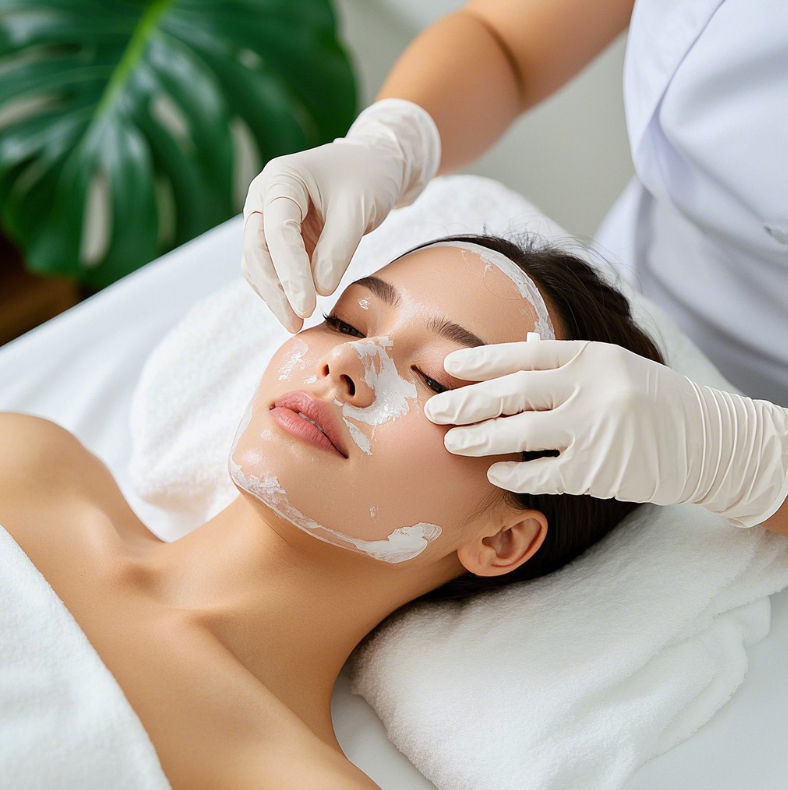
Customers are also getting more specific, sometimes investigating the specifics of a product before buying. The culture has also been boosted by Instagram and TikTok, where influencers, alongside other skincare enthusiasts, post product recommendations and skincare regimens and even analyze the contents of the products. This level of consumer knowledge has, therefore, compelled brands to be open about their ingredients and where they get them from.
Technological Innovation
This paper aims to describe how technology has influenced the formulation, advertising and use of skincare products. One of the greatest trends in the last several years is the concept of the individual approach to skincare. Picture this: you take a picture of your skin, and the app gives you a list of products that you should use on your skin. Thanks to the AI and the IoT, this is now possible.
These are artificial intelligent based features that identify specific skin concerns such as dryness, wrinkles, and pigmentation to provide solutions that are actually effective. This level of customization has proven to be a game changer, because people are now more self-assured when it comes to the products they are buying.
However, the expansion of cross border electronic commerce business has made skincare products much easier to obtain. This means that online marketplaces give customers a vast choice of products, from Korean sheet masks for luxury to European serums at an affordable price. Such global interchange of products and information has been beneficial to the industry because it has encouraged new development and rivalry.
Some of the companies such as BonnieCo have seized such opportunities to lead the market. This is with the help of the technology that is adopted in their production lines to make sure that the products produced meet or even beat the required quality.

Sustainability and Environmental Management
These days people are more aware of the impact they are making on the environment and thus the creation of eco-friendly skincare products is on the rise. From compostable packaging to water-free products, companies are using their creativity to ensure they have a smaller footprint.
Why does this matter? First, let me emphasize that most plastic packaging that is still in use today is a major source of pollution. Choosing the biodegradable or recyclable products, companies can attract consumers who care about the environment and protect it. Also, modern consumers have DIFFERENT CONCERNS, and they tend to choose vegan and cruelty-free products, which is not easy to find.
Current professional cosmetics manufacturers like BonnieCo have risen to the challenge and are ensuring that sustainability is the order of the day in their products. Some of the products they offer include the refillable packaging which is not only environmentally friendly but also economical to the consumer in the future.
It’s not just the case with regard to materials; sustainability is about so much more than that. It is also about producing products which have a soft touch on the skin and the environment. Waterless beauty products, that is, products that are made with as little water as possible, or even no water at all, are becoming increasingly popular as a method of water preservation. These innovations are a clear indication of the industry’s willingness to protect people as well as the environment.
Continuous Challenges
Nevertheless, the skincare industry has its problems as it continues to expand at an alarming rate. Among the most popular problems, there are the side effects of some products for example. Over exposure of active ingredients such as retinol or acids may cause your skin to become sensitive, appear red and can even harm your skin in the long run. This has made brands to take an initiative and inform the consumers on right use and creation of milder products.
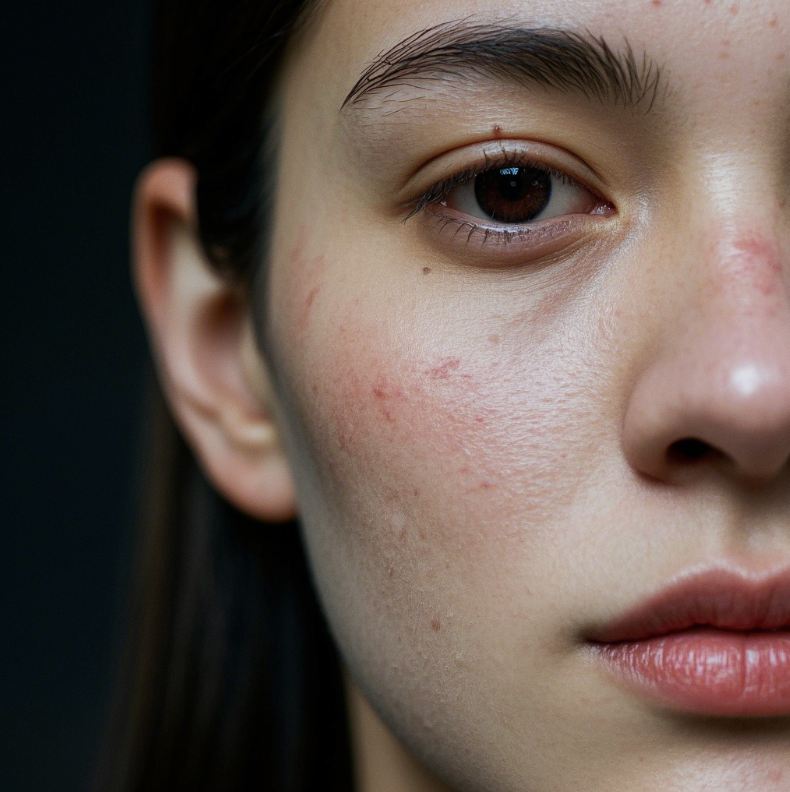
However, there is a problem with the high prices of premium skincare products in the market. Gentlemen’s accessories are expensive and, therefore, unaffordable to the ordinary buyer, especially in underdeveloped countries. This affordability gap is a major constraint to the expansion of the industry, although there is some light at the end of the tunnel. Companies are trying their best to produce products of high quality that can meet the needs of price-sensitive consumers.
Also, it is hard to go around various rules and regulations in the market. There are many differences in the requirements for the listed ingredients, the labelling and the advertising of products in different countries. It is very important for brands to remain compliant while at the same time trying to hold their market position, which is a very time-consuming and expensive proposition.
BonnieCo meets these challenges through education, innovation and accessibility. Thus, they guarantee that it is possible to introduce quality products, and skincare in particular, to a wider audience without overpaying for it.
Future Outlook
That being said, what is the future of the global skincare industry? All signs are pointing to the future as being very promising if the present is anything to go by. This market is projected to reach $25.109 billion by 2031 at a CAGR of 4.9%. This growth will be driven by the consumer who is a key actor that requires information about the efficiency and the impact of products on the environment.
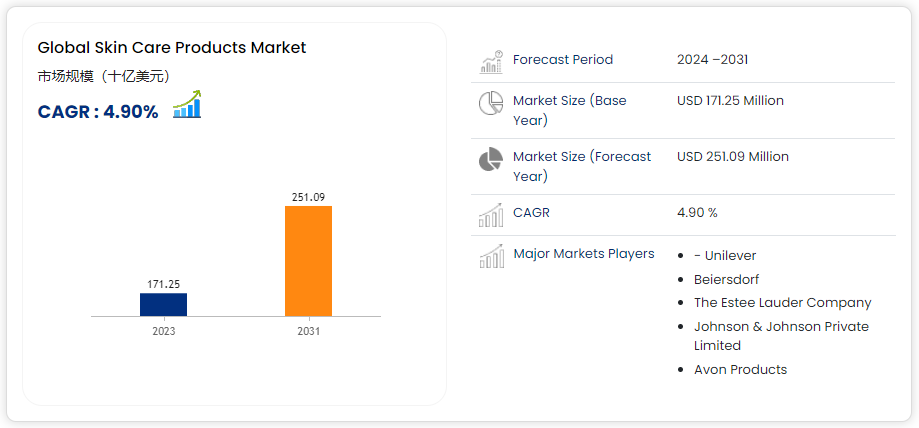
Leading emerging markets of Asia, Africa and Latin America are expected to drive this growth. When the disposable incomes in these regions increase, more people will spend their money on skincare; this will create a market for both premium and economy brands.
Companies such as BonnieCo, private label cosmetics manufacturers are poised to play a big role in defining this future. Through providing tailored services, new technologies, and environmentally friendly services, they will keep on serving the dynamic market needs of the world.
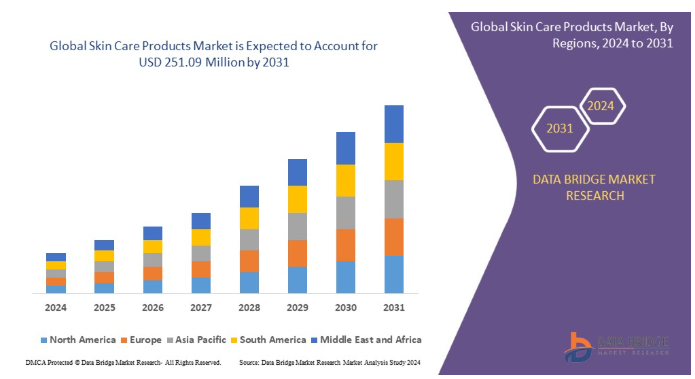
Conclusion
The skincare industry today is more competitive than ever before. This sector has shown great potential and growth in market size, natural ingredients, and new technologies. However, as long as there are side effects and high costs, there is still light at the end of the tunnel – the industry strives to become more sustainable and accessible.
BonnieCo is one of the pioneers in the field and is therefore leading the way for others to follow. BonnieCo has been in the business for more than 15 years as a Professional cosmetics manufacturer and Private label cosmetics manufacturer that deals with skin and hair care products and provides the best private-label services. Its 50,000 square meters facility is GMPC compliant and offers a complete solution to support brands in developing high-quality products that can be easily differentiated in the market.
If you’re looking for a trusted partner in cosmetics manufacturing, contact BonnieCo today to learn how their expertise can bring your vision to life.
BonnieCo, with over 15 years of experience in cosmetics manufacturing and private-label services, specializes in providing OEM/ODM one-stop solutions for your skin and hair care products.


